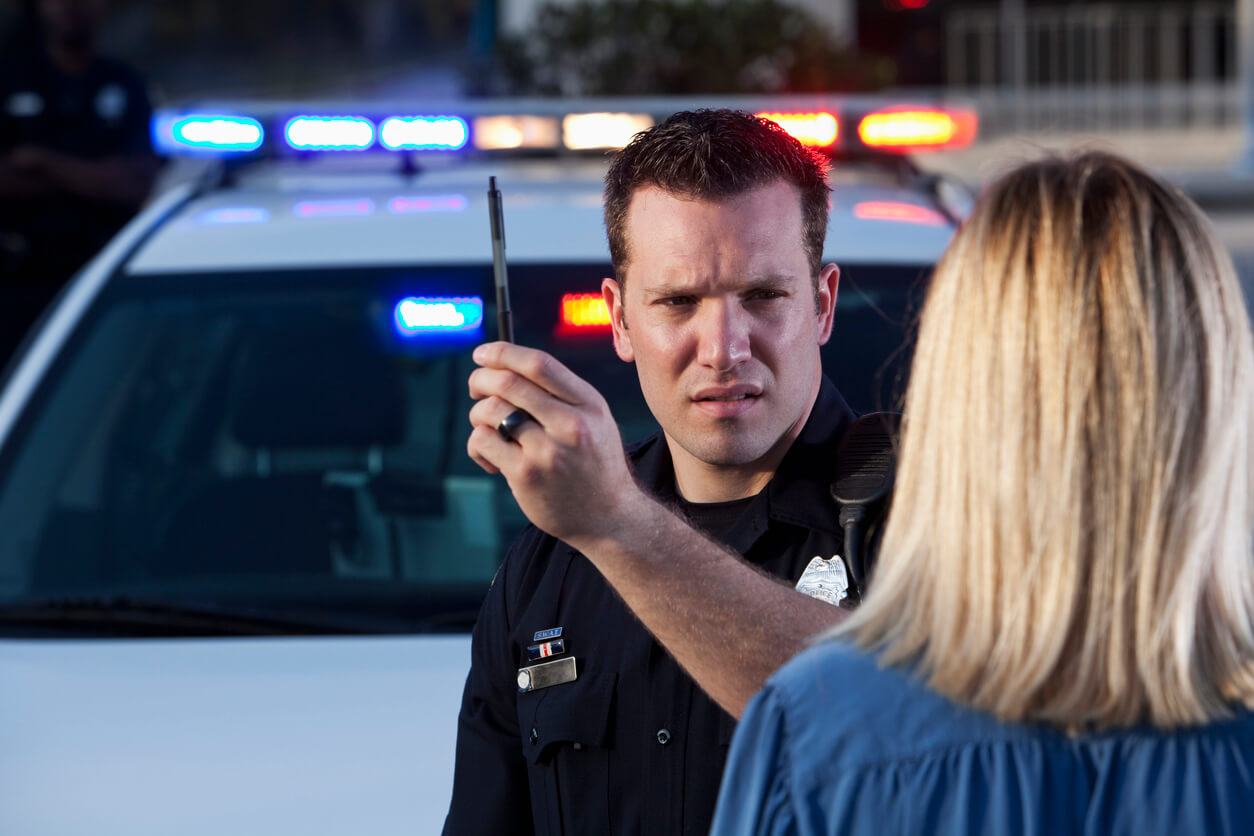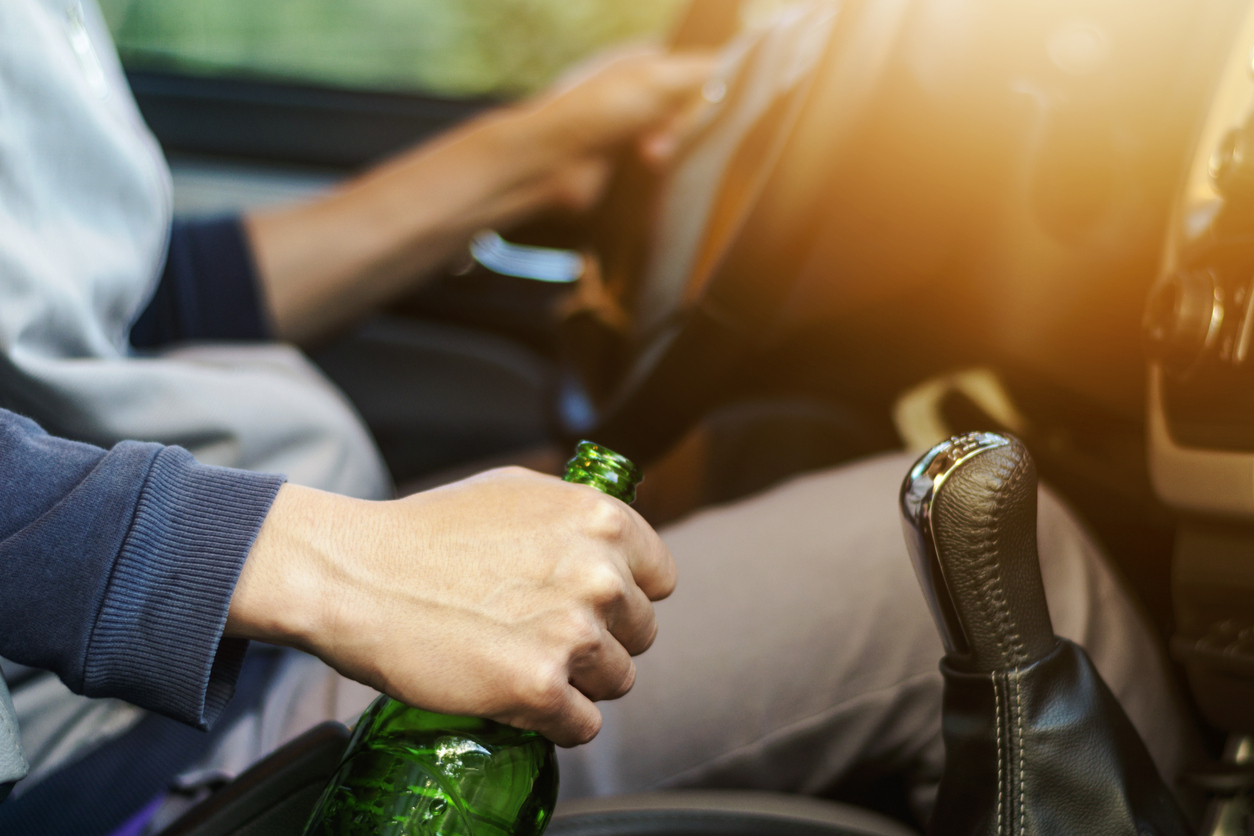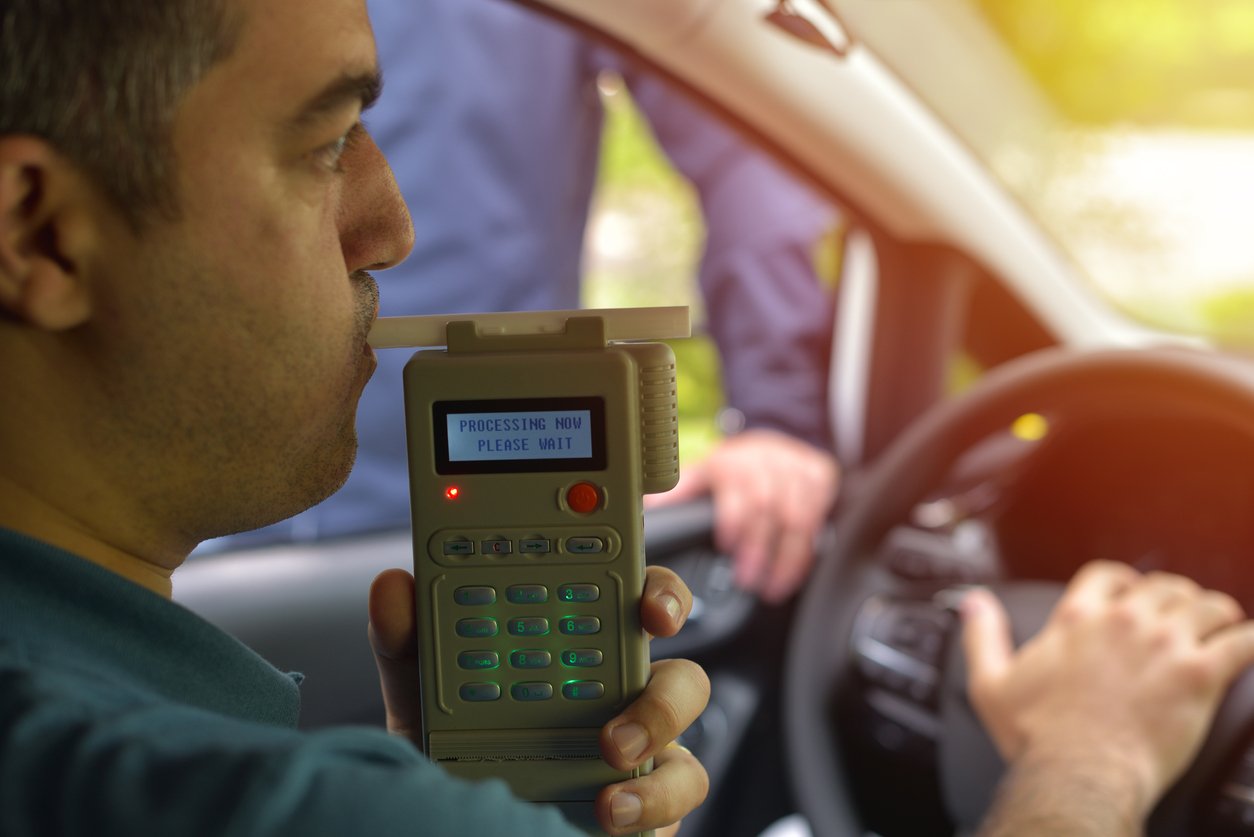Driving is inherently dangerous, so driving while impaired (DWI) is even riskier – and illegal. In North Carolina, there are six different levels of misdemeanor convictions if you are found to be DWI: levels 1A, 1, 2, 3, 4, and 5. The first three levels (1A, 1, and 2) are the most serious, while the remaining three are less serious. The level that you are charged with is dependent upon the specific facts of your case.
Aggravating Factors
The first thing that a court will look at is whether there is at least one grossly aggravating factor. This could include any one of the following:
- Prior conviction for DWI within seven years of the date of the present DWI.
- The driver was driving on a license that was revoked for another alcohol-related offense
- The driver charged caused a serious injury to another person at the time of the offense
- The defendant committed the DWI while one of the following individuals was in his vehicle:
- A child under the age of 18
- A person with the mental development of a child under the age of 18
- A person with a physical disability preventing them from exiting the vehicle without assistance
In determining the level of a DWI, the following holds true:
- One grossly aggravating factor equates to a level 2.
- Two factor is a level 1.
- Three or more factors constitute the most serious level: 1A.
- Without any grossly aggravating factors, the level is 3, 4, or 5. This is determined by balancing the aggravating factors against any mitigating factors.
- If aggravating factors outweigh mitigating factors, the DWI is a level 3.
- If the aggravating and mitigating factors counterbalance themselves, this is a level 4.
- If the mitigating factors outweigh the aggravating factors, the DWI is a level 5.
Mitigating factors include:
- Slight impairment of the defendant’s faculties resulting solely from alcohol, and an alcohol concentration that did not exceed 0.09.
- Slight impairment of the defendant’s faculties, resulting solely from alcohol, with no chemical analysis having been available to the defendant.
- Driving at the time of the offense was safe and lawful except for the impairment of the defendant’s faculties.
- A safe driving record, with the defendant’s having no conviction for any motor vehicle offense for which at least four points are assigned or for which the person’s license is subject to revocation within five years of the date of the offense for which the defendant is being sentenced.
- Impairment of the defendant’s faculties caused primarily by a lawfully prescribed drug for an existing medical condition, and the amount of the drug taken was within the prescribed dosage.
- The defendant’s voluntary submission to a mental health facility for assessment after being charged with the impaired driving offense for which the defendant is being sentenced, and, if recommended by the facility, voluntary participation in the recommended treatment. (6a) Completion of a substance abuse assessment, compliance with its recommendations, and simultaneously maintaining 60 days of continuous abstinence from alcohol consumption, as proven by a continuous alcohol monitoring system. The continuous alcohol monitoring system shall be of a type approved by the Division of Adult Correction and Juvenile Justice of the Department of Public Safety.
- Any other factor that mitigates the seriousness of the offense.
The Attorneys at Hancock Law Firm, PLLC Help Those in North Carolina Who Have Been Charged with a DWI
A conviction for DWI can have a significant impact on your life. That’s why it is in your best interest to consult with a knowledgeable and experienced criminal defense attorney as soon as possible.
At Hancock Law Firm, PLLC, we fully understand what is at stake and will do everything that we can to help you fight these charges and obtain the best possible outcome for you. To learn more or to schedule a free consultation, contact us today!








